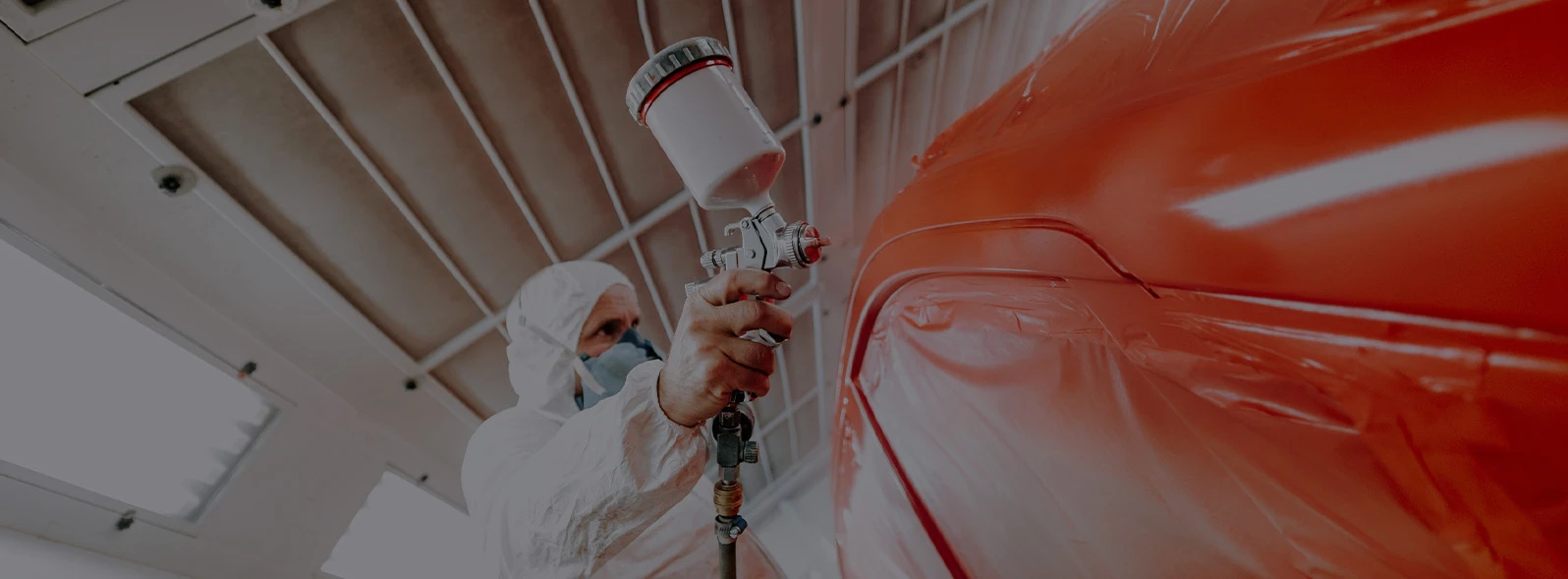As an experienced painter, you’ve already laid the groundwork for a prosperous career, but did you know that there are a multitude of exciting avenues to explore if you have formal qualifications? Let’s delve into some of them.
1. Domestic Painting
Domestic painting is a popular career pathway for qualified painters. It involves painting residential properties, including large projects like new builds and renovations, down to smaller projects like single rooms or repair jobs. This includes single-family homes, apartments, and townhouses. Domestic painters can work independently, for small businesses or as part of a larger company. This career pathway offers flexibility and the opportunity to work on big or small jobs, indoors or outdoors, and in a variety of settings.
2. Commercial Painting
Commercial painting involves painting large-scale properties, such as office buildings, retail stores, and warehouses. Trade qualified painters in this field may work on high scaffolding and use specialised equipment to paint large surfaces quickly and efficiently. Commercial painting can offer a steady stream of work and the potential for career advancement.
3. Industrial Painting
Industrial painting differs from commercial painting in that it involves painting in an environment that is used for manufacturing purposes. This could include industries such as automobile, boat, and aircraft manufacturing, among others. Industrial painters must focus on creating durable and long-lasting coatings to protect equipment and infrastructure from harsh conditions. While commercial painting has more to do with aesthetics, industrial painting is more about functionality and protection. If you’re interested in industrial painting, you can expect to work in challenging environments, such as factories and construction sites, and must follow strict safety guidelines to protect yourself and others.
4. Spray Painter
Spray painting involves using compressed air or other methods to apply paint or other coatings to surfaces. This technique is used in a variety of painting and decorating fields, including automotive painting, furniture painting, and residential and commercial painting. Spray painters must have a keen eye for detail and be skilled in using specialised equipment to achieve a flawless finish.
5. Roof Painting
Roof painting involves the application of specialised coatings to protect roofs from weather damage and prolong their lifespan. Painters who specialise in roof painting must have a keen eye for detail and be able to work at heights. They must also have a good understanding of the different types of roofing materials and the appropriate coatings to use for each type. This career pathway can be a lucrative option for experienced painters looking to expand their skill set and work in a specialised niche of the industry.
Why get painting qualifications?
While it is possible to work as a painter and decorator without formal qualifications, getting certified can greatly enhance your career prospects. Getting a nationally recognised qualification such as the Certificate III in Painting & Decorating – CPC30620 awarded by Construction Trades College (RTO: 40250), can put you on the pathway to getting trade qualified. Becoming a licensed painter doesn’t just demonstrate to potential employers that you have the skills and knowledge necessary to perform your job to a high standard. It can also increase your earning potential by opening up opportunities to work on projects where a trade licence is essential.
Get your Certificate III in Painting and Decorating – CPC30620 through Skills Certified’s partner RTO
At Skills Certified, we can help you obtain your Certificate III in Painting and Decorating – CPC30620 through RPL (Recognition of Prior Learning). We partner with Registered Training Organisations (RTOs) in Australia to assist you in gaining recognition for your existing skills and knowledge, without the need for additional training or assessment.
Our team of RPL specialists will guide you through the process, ensuring that you have a smooth and hassle-free experience. We’ll check your skills, match you with an RTO, and help you put together your portfolio of evidence.
If you’re an experienced painter looking to formalise your skills and advance your career, take the free 60 seconds skills test to see if you’re eligible for RPL, and we’ll do the rest.
















